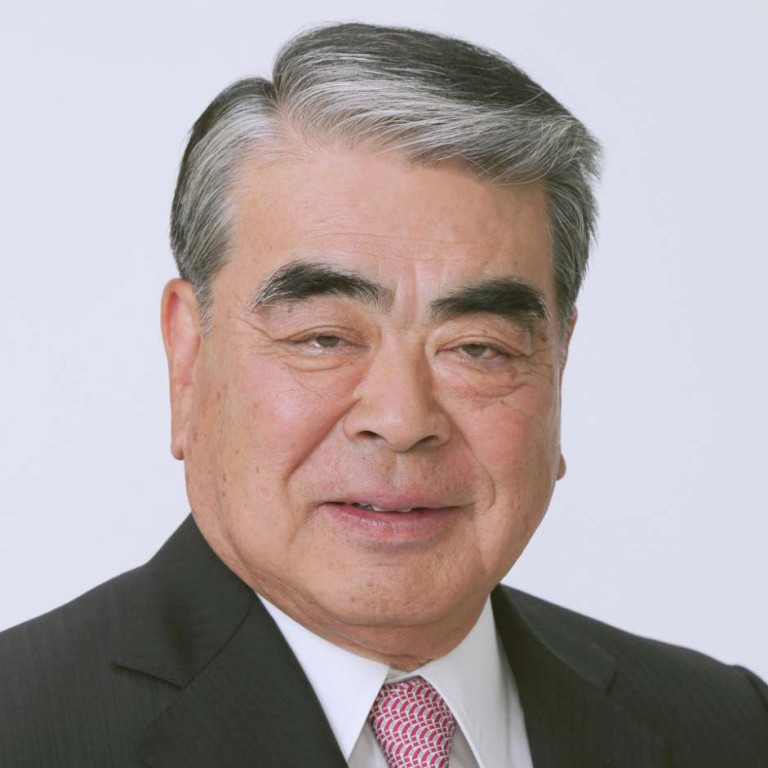
Morita Chemical Industries develops products and cutting-edge technologies involving fluorine compounds
Company conducts entrusted analysis using top-of-the-line equipment to ensure quality and stability for all products. To reduce environmental footprint, it recycles fluorine from fluorine wastewater to create new hydrofluoric acid
Used in commercial, industrial and medical applications, fluorine is a highly reactive element with enormous possibilities. Leveraging first-mover advantage as Japan’s pioneering fluorine chemical company, Morita Chemical Industries continuously develops products and cutting-edge technologies involving fluorine compounds.
“Fluorine is used as a sub-material to make other chemical compounds. We have been specialising in this niche product for almost 100 years,” says president Yasuo Morita. “We take pride in our long history of product innovation and reliability.”
Morita Chemical manufactures fluoride raw materials used in lithium-ion batteries, optical lens and glass, aluminium brazing and electronics. Aside from the electrical industry comprising roughly 30 per cent of its market, Morita Chemical is also active in other segments such as automotive, petroleum and organic chemicals, textile, ceramic technology and medical science.
The company conducts entrusted analysis using top-of-the-line equipment to ensure quality and stability for all its products. To reduce environmental footprint, it recycles fluorine from fluorine wastewater to create new hydrofluoric acid.
“In today’s era of Asia’s industrial rise, we can provide the chemical materials to support the region’s further development,” Morita says.
Morita Chemical continues to strengthen its market presence in Asia. It has a joint venture in South Korea serving the semiconductor industry. In China, the company has two joint ventures – in Zhejiang, which produces 15,000 tonnes of hydrogen fluoride annually, and in Zhangjiagang, with an annual capacity of 3,500 tonnes of LiPF6 – an important material used in lithium-ion batteries.
With China’s electric vehicles market on the upswing, Morita Chemical is set to expand in the coming years its annual production capacity of LiPF6 to 5,000 tonnes. It also eyes local partners with strong raw materials capability and good safety track record.
“Fluorine is difficult to handle, so full physical distribution and delivery control is important. We adopt stringent quality specifications – from securing raw materials to product shipment – and expect the same expertise from potential partners,” Morita says.
http://www.morita-kagaku.co.jp
